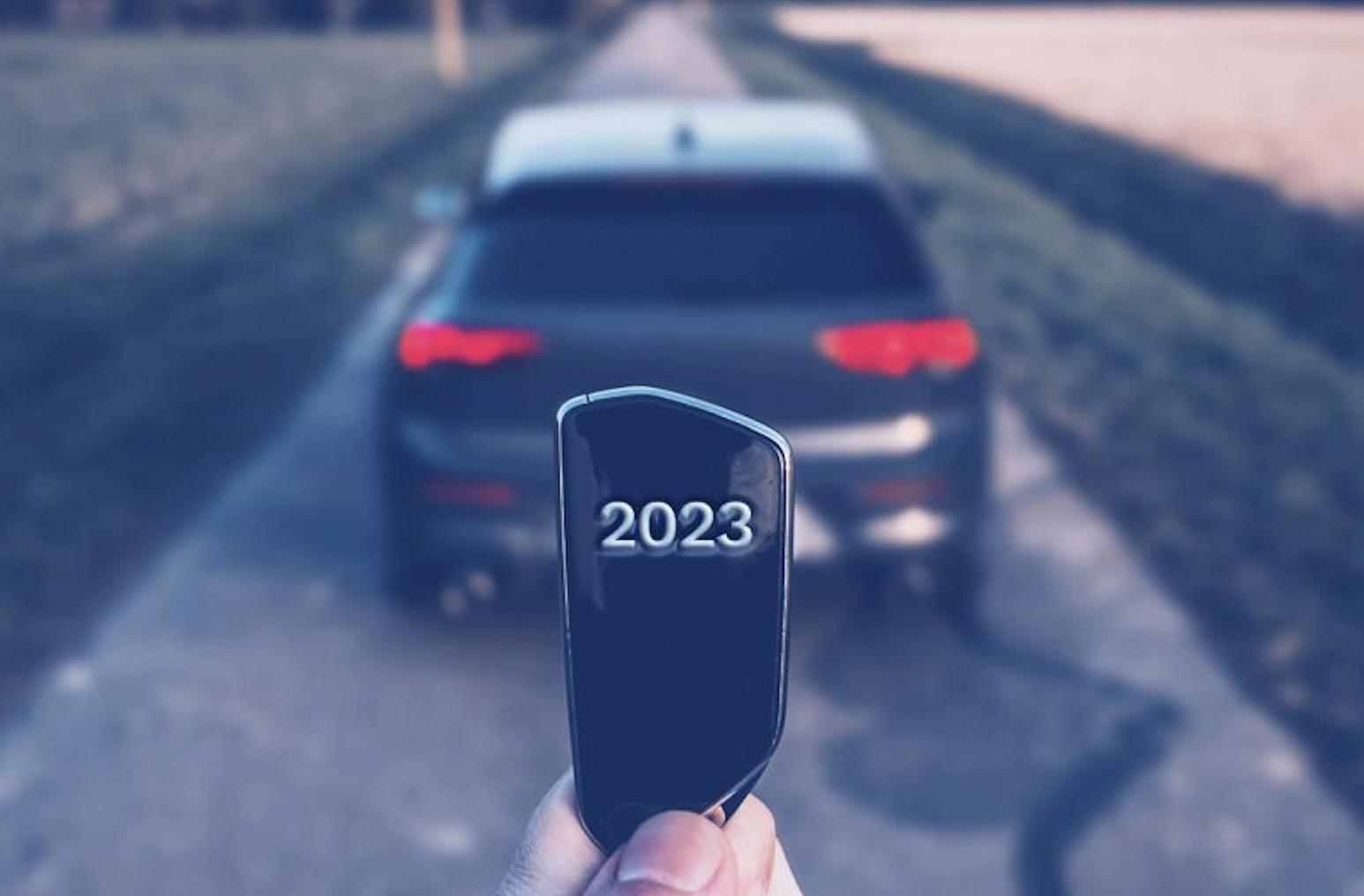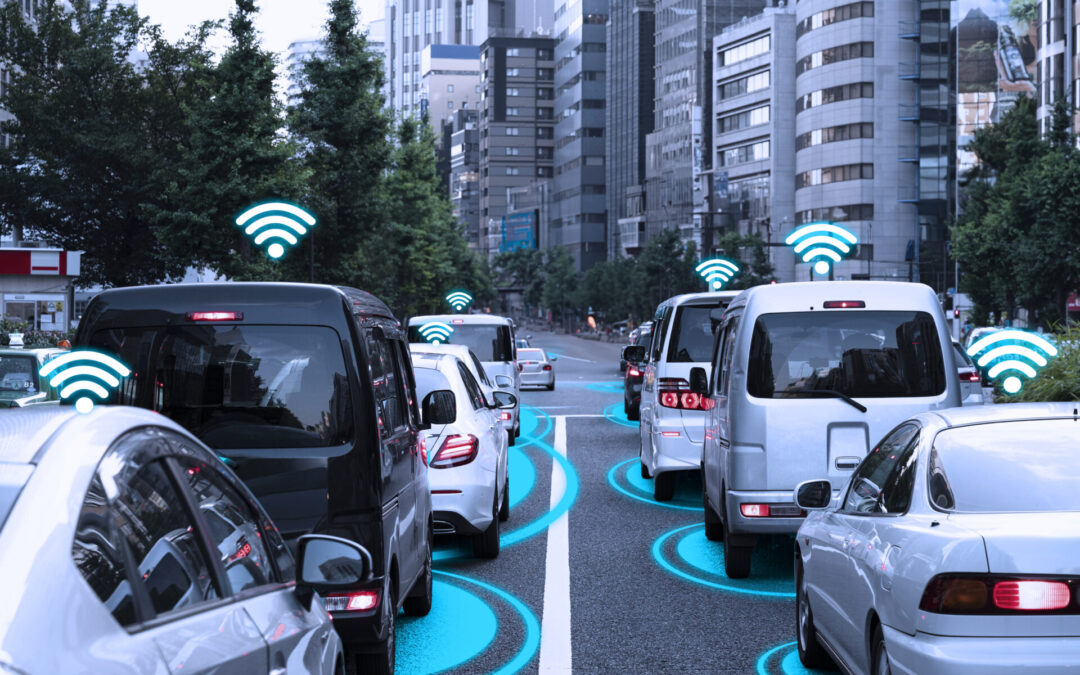Vehicle manufacturing is a massive global market. The worldwide automotive industry is worth roughly $3tn and it is the second-largest industry in the United States. The coming commercialization of autonomous cars, the unstoppable expansion of electric vehicles (EVs), and the chip shortages and supply chain challenges experienced by manufacturers. These are the current hot automotive innovations that have made headlines recently. However, beyond these headlines are many important developments that will impact business well beyond 2023. Given the size and importance of the sector, we thought it was essential to look at some of the more overlooked trends and technologies that could undoubtedly take first-mover OEMs to the forefront of the industry.

Dealership vehicle purchasing experience will change
The latest EY Mobility Consumer Index (MCI), which surveyed 13,000 car buyers in 18 countries, found that 37% of Gen Z would rather purchase a vehicle online. Only 13% of baby boomers agree, and that number goes up with each generation, reaching 20% for Gen X and 28% for millennials. According to the MCI, using the internet to research a new car is now an important and growing part of the process. In fact, 66% of all vehicle buyers (65% of Gen Z, 69% of millennials, 66% of Gen X, and 60% of baby boomers) use the Internet to learn about their purchases. In terms of adopting new technology in the aftersales segment, McKinsey’s 2020 consumer survey found that 37% of respondents would switch manufacturers to improve connectivity.
People were much more likely to switch brands for connectivity in some countries, such as China, where 56% of people were willing to do so. In the same way, 47% of people who buy vehicles from premium brands want access to extra digital features, compared to 39% of all customers. Since connectivity is becoming more and more important, companies that don’t meet the standards risk losing customers.
Physical vehicle inspections are shifting to digital
Vehicle health information demand has grown rapidly and evolved dramatically in the past years. Customers today want a seamless, “connected” experience with their vehicles, almost as an extension of themselves. From their mobile or at-home devices and in-vehicle technology to their preferred dealership, vehicle owners want to be alert and gain better control over threats to their safety, transportation, and driving experience. Connected car technology fulfills this demand. In the automotive industry, thanks to onboard sensors and the ability to transmit collected data to the cloud, manufacturers can implement predictive maintenance solutions. This prevents malfunctioning parts and ultimately recalls the vehicle for service before the customer experiences failure. Advanced statistical analysis of historical vehicle data can help predict when a part or vehicle needs replacement or maintenance. There are numerous benefits of predictive maintenance both for the vehicle owner and the dealership:
- It increases customer satisfaction by enabling workshops to set realistic customer expectations regarding the repair’s day, time, length, and duration. This enables proactive vehicle service maintenance
- Reduction of vehicle unplanned downtime
- Enhanced workshop productivity, capacity, and quality
- Increased technician utilization
- Reliable and steady vehicle operations that enhance the experience of vehicle ownership.
Customer management is a significant field where connected car technology revolutionizes the industry. By incorporating and putting into practice ideas such as technology-enhanced personalization, customers become loyal to the service that personally cares about them. The way that manufacturers and dealers present their brands to customers can also be drastically transformed with digitalization. In certain cases, these tailored and unique connected experiences can also remove chores that many customers find annoying while owning a vehicle. Digitalization provides the opportunity to fundamentally alter the competitive landscape, attract new customers, and provide long-term income and profits.

Manufacturers aiming to become software firms
Vehicle manufacturers will eventually have no option but to transform into software companies themselves as digital technology becomes the differentiator in the vehicles. In order to create and integrate ecosystems that will enable them to create attractive features or digital services, automotive manufacturers will increasingly look at data in a similar way to the tech industry. The question remains: How quick and responsive can an industry that has been substantially invested in the mechanical side of vehicle development for more than a century become? Due to this, several OEMs are partnering with software companies so that everyone can focus on what they do best.
A tangible telematics solution to win the game in 2023

Connected Cars were established with the objective of being an expert SaaS partner for OEMs on their digitization journey. The ConnectedCars ecosystem, is a handy solution for dealerships, allowing them to manage customers in a proactive and data-driven way. The fuel of the system is real-time vehicle data, that shows various crucial technical information about a connected customer’s vehicle. By taking action based on this data, dealers will not only become proactive, but they can automate processes, and be customer-centric and efficient. It allows dealerships to manage vehicle issues for their customers before or soon after issues occur. Furthermore, this proactive approach to maintenance discourages customers from seeking vehicle maintenance elsewhere. In the long run, it wins new customers and converts ‘somewhat’ loyal customers into ‘extremely’ loyal ones.
Conclusion
Although self-driving and autonomous vehicles show promise, they have yet to be commercialized. The automotive industry has been anticipating new technology for some time, and in this digital era, the fastest adopters will win. As more and more vehicle buyers and owners demand a good digital experience, key stakeholders should integrate new technologies. To keep ahead of the competition, recent automotive technological developments are worth investing in 2023.






